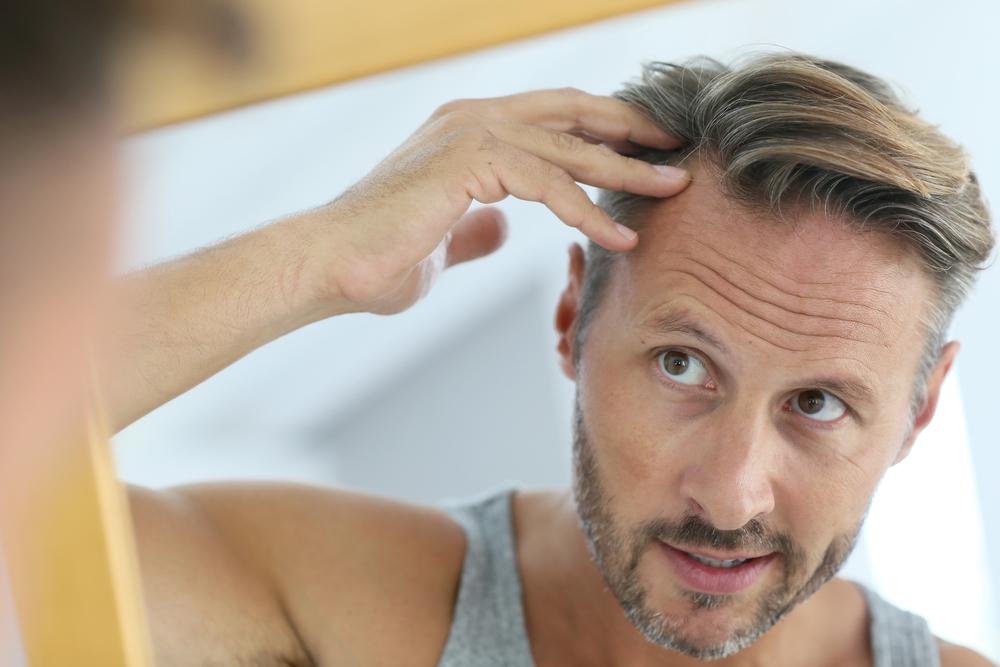
Successful Hair Loss Treatments
Hair loss is caused by several reasons. It may be hereditary, or a trait carried from one parent to their children, or a grandparent to subsequent generations. In other instances, patients may suffer from a disease or condition that causes patches of hair on the head to fall out (i.e., hormonal imbalance). Some people just experience hair thinning with advanced age.
The loss of hair is more common among males compared to females. For many, hair loss can be a demoralizing condition due to some underlying health abnormality. Although researchers claim that there are several effective ways to treat hair loss in both women and men, the most successful treatment plans include the following:
1. Hair loss medication
Alopecia is an autoimmune disorder where the immune cells are triggered to attack the hair follicles. This dramatically slows the growth and formation of the hair. This can be treated with certain medication, but a complete cure is yet not known. Corticosteroids are given and act as an anti-inflammatory drug to suppress the immune system. Corticosteroids can be orally taken, injected, or used as topical ointments. Other hair loss medications, such as anthralin, DPCP, and the SADBE aid hair re-growth and new hair formation. Male pattern of baldness can be treated with medicines (i.e., Dutasteride) whereas women prefer the drug, spironolactone, and oral hormones (i.e., synthetic progesterone) to aid hair loss. Other hair loss medications include:
- Finasteride: a medication prescribed for men in the form of a pill slows the process of hair shedding and may increase the regeneration of hair. This medication should not be administered to men above 60-years of age as they may experience side effects, like prostate cancer.
- Minoxidil: This OTC drug can be taken by both sexes. It is available in the form of foam or a liquid to be applied directly over the skin to generate new hair growth. The desired effects usually occur after 6- months.
2. Laser therapy
Low level laser therapy is a desired option for those who suffer from hereditary hair loss. This can treat both hair loss in women and men. It is effective in improving the density of hair. Although the long-term effects are not well studied, laser therapy is an approved method for seeking short-term hair restoration goals.
3. Hair transplant
For those who suffer permanent baldness, a hair transplant might be an option. In this method, leftover hairs are used to restore hairs in balding areas of the scalp. The surgeon removes the skin patches (at the back of the head) and takes hair follicles from these hairs to implant in the bald areas. Doctors may prescribe minoxidil to reduce the hair implantation failure. Hair transplants are painful and can cause scarring and bleeding. This is also ineffective to treat hereditary loss of hair.


